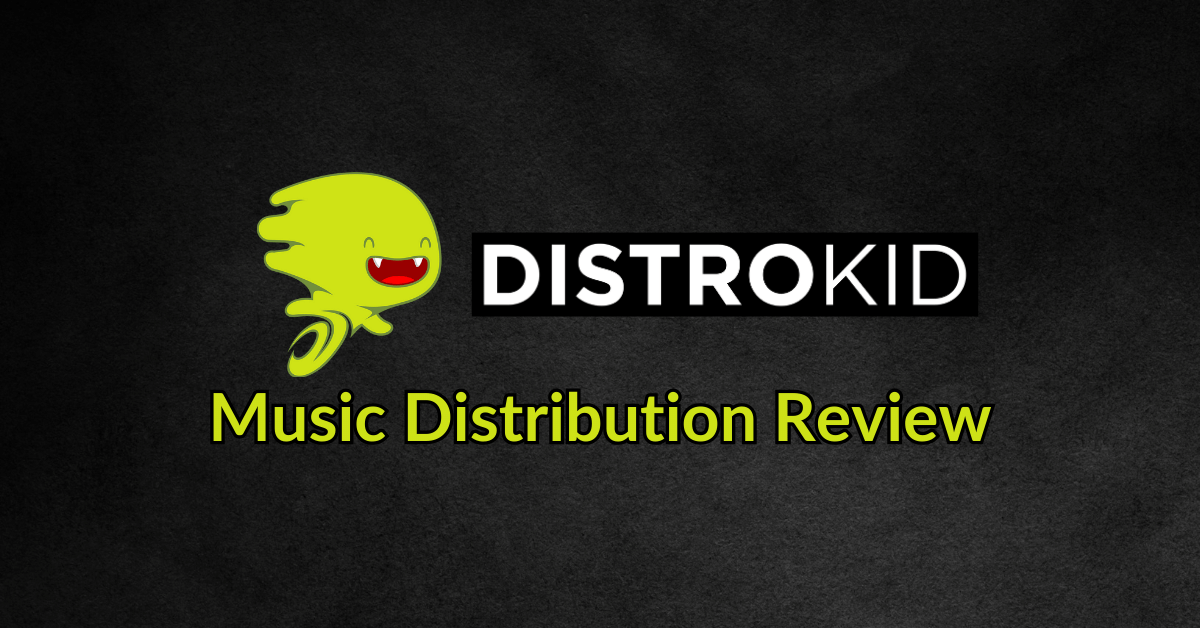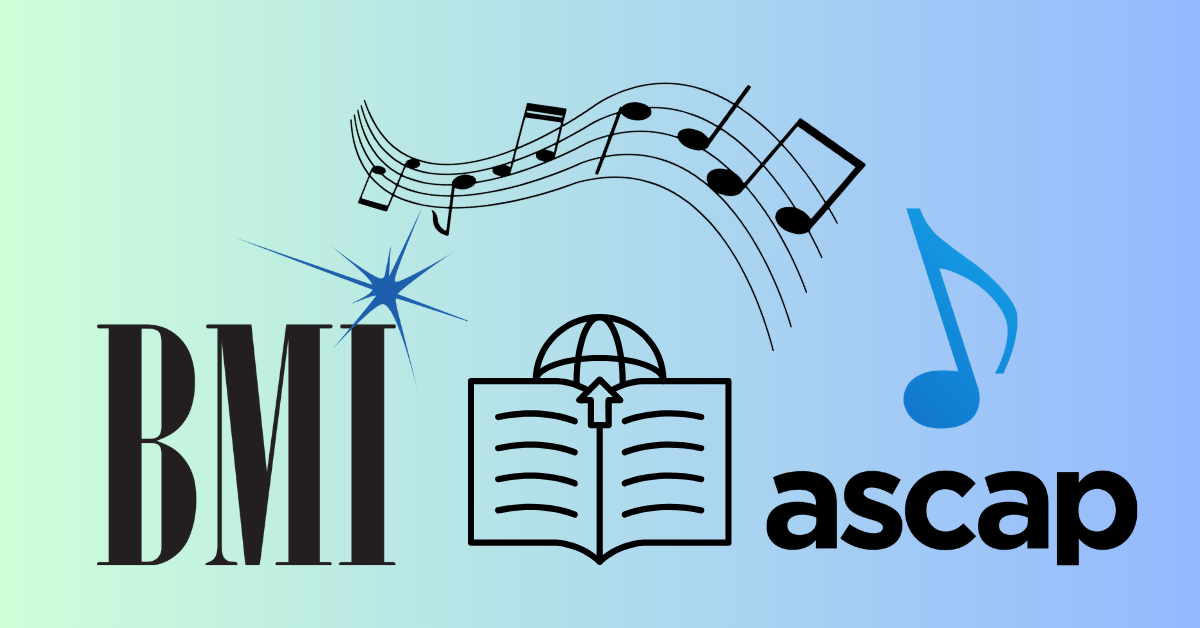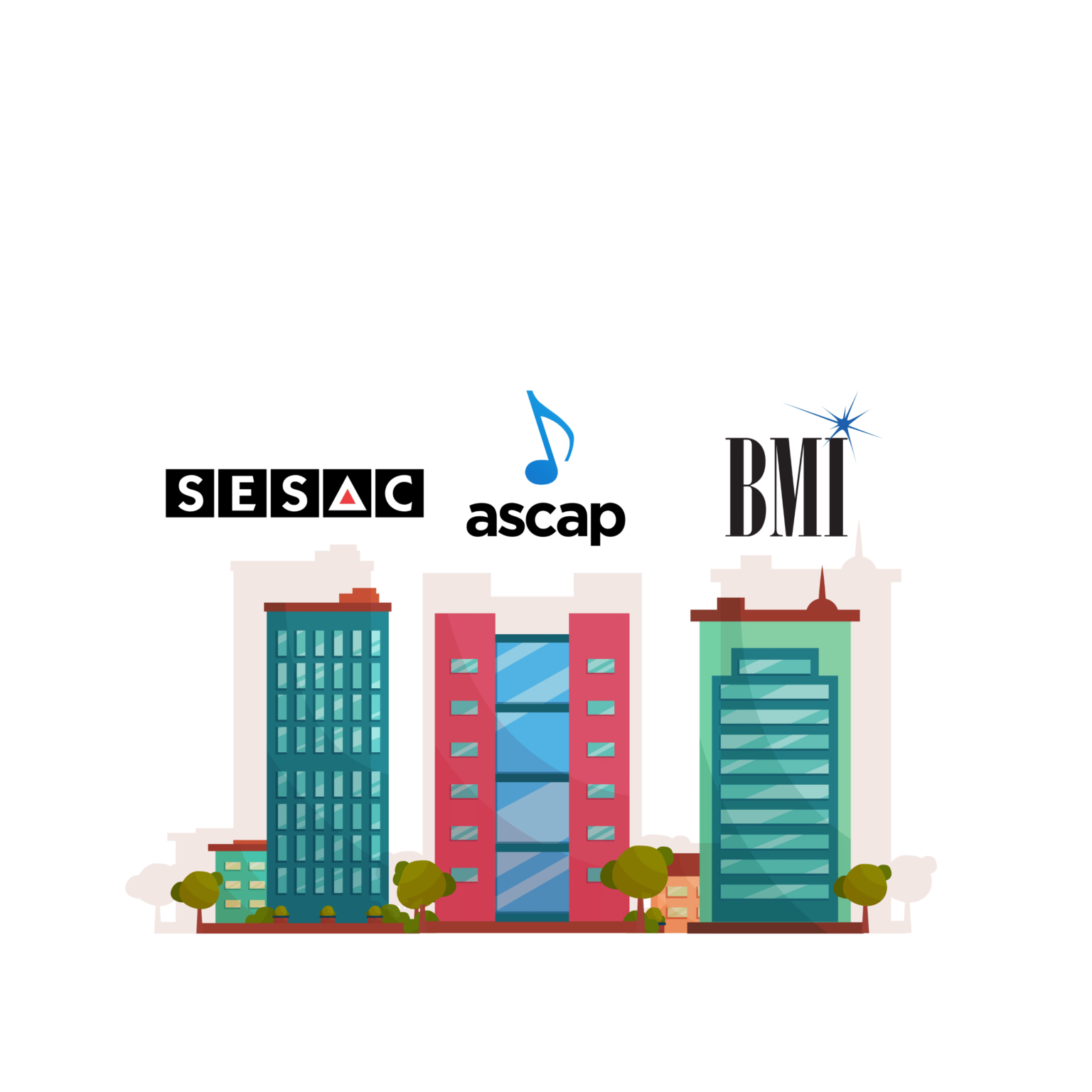
DistroKid: The best music distributor for independent Artists
There have been a lot of debates about which music distributor artists and producers should choose when deciding to release their music. Find out in this blog post why DistroKid has the best advantages and features.




